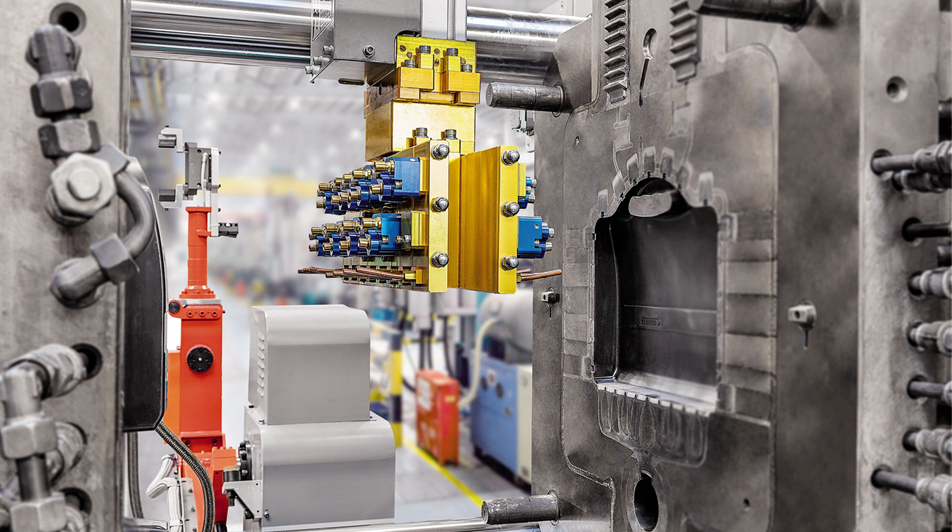
Lasten polkupyörät Lasten pyörät 3-16-vuotiaille lapsille / OEM-vauvoille lapsille pyöräillen lapsille maastopyörät 2022

Popular Children’s Sports Bicycle High Quality Children’s Balance Bike Children’s Bicycle

Sähköpyörän magnesiumseoksesta valmistettu 12 tuuman integroitu pyörä 36v10ah sähkömopo

Magnesiumseoksesta valmistettu tukkupyörä 3–5-vuotiaille 12 tuuman lasten pyörä OEM halvalla

Magnesium-alumiiniseoksesta valmistettu lasten pyörä 3-8 vuotta vanha halvalla kuumalla 14 tuuman lasten pyörä FOREVER tukkumyynti 2022

Factory Custom China Bmx Cycles Road Sport Kids Bicycle 12 16 18 20 Inches Cycle Mtb For Kids 6-10 Year

2022 Wholesale Hot Sale Bicycle Parts Magnesium Alloy Children Bike No Pedal Balance Bicycle Kids Multiple Colors Available

Bicycle Freehub 12/14/16 Inch Children Bike Low Rider Bikes Magnesium Aluminum Alloy Children Bicycle 3-8 Years Old In Stock

 0086-750-5616188
0086-750-5616188 +86 13392089688
+86 13392089688 sales@zhongmei-tech.com
sales@zhongmei-tech.com








